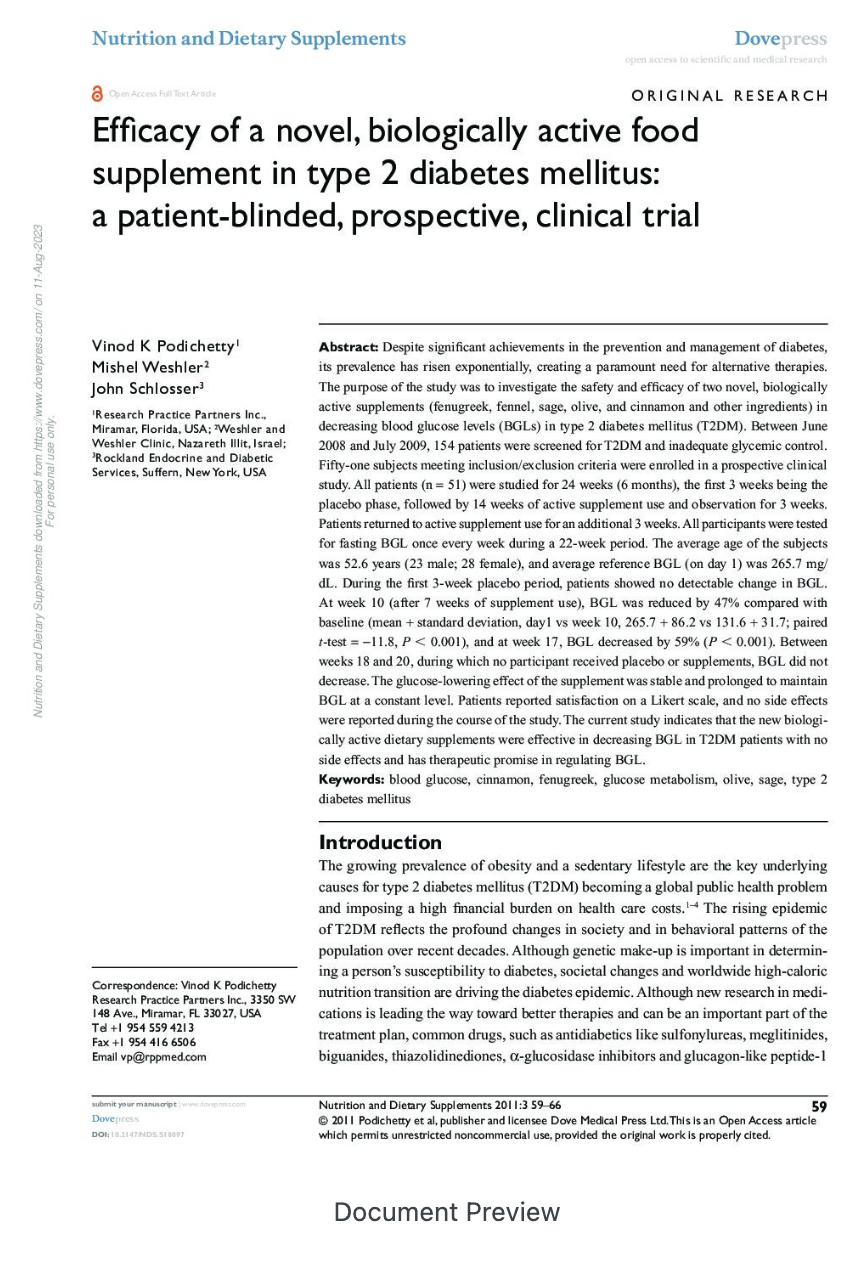Diabetes is one of the world’s most common chronic diseases, and with the release of the updated guidelines for diabetes management, it’s important for healthcare providers to understand what it means for their patients. In this post, learn about 10 things you should know about diabetes.
Diabetes is a chronic condition that can affect your health, your finances, and your relationships. In fact, the American Diabetes Association estimates that diabetes is the seventh leading cause of death in the United States. It’s important to know the facts about diabetes – what it is and how to prevent or manage it. This article will break down 10 things you should know about diabetes.
-What is diabetes?
Diabetes is a chronic condition that affects the way your body metabolizes sugar. There are two main types of diabetes: type 1 and type 2.
Type 1 diabetes occurs when your body does not produce insulin, a hormone that helps to regulate blood sugar levels. Type 2 diabetes occurs when your body does not produce enough insulin or when your cells do not respond properly to insulin.
Diabetes can cause a range of serious health complications, including heart disease, stroke, kidney disease, and blindness. It is important to manage your diabetes carefully to lower your risk of these complications.
There are things you can do to help manage your diabetes and lower your risk of complications. Eating a healthy diet, exercising regularly, and monitoring your blood sugar levels can all help to improve your diabetic control. You should also see your doctor regularly for checkups.
-Types of Diabetes
There are two main types of diabetes: type 1 and type 2. Type 1 diabetes is usually diagnosed in children or young adults. It occurs when the body does not produce enough insulin. Insulin is a hormone that helps the body to process sugar. People with type 1 diabetes must take insulin injections to control their blood sugar levels.
Type 2 diabetes is the most common form of diabetes. It usually occurs in adults over the age of 40, but it is increasingly being diagnosed in children and young adults. Type 2 diabetes occurs when the body does not produce enough insulin or when the body does not use insulin properly. People with type 2 diabetes may need to take insulin injections, but often they can control their blood sugar levels with diet and exercise.
There are also other types of diabetes, such as gestational diabetes, which occurs during pregnancy, and prediabetes, which is a condition that can lead to type 2 diabetes.
-Signs and Symptoms of Diabetes
The signs and symptoms of diabetes can vary depending on how high your blood sugar levels are.
If your blood sugar levels are high, you may experience:
• increased thirst
• increased urination
• fatigue
• blurred vision
• slow-healing wounds or infections
• numbness or tingling in your hands or feet.
If you have any of these symptoms, it’s important to see your doctor so that you can be diagnosed and treated for diabetes.
-Diagnosis and Treatment Options
If you have been diagnosed with diabetes, you may be wondering what your treatment options are. Diabetes is a chronic condition that cannot be cured, but it can be managed. There are two main types of diabetes: type 1 and type 2.
Type 1 diabetes is an autoimmune disease. This means that your body attacks and destroys the insulin-producing cells in your pancreas. Treatment for type 1 diabetes usually involves taking insulin injections or using an insulin pump.
Type 2 diabetes occurs when your body does not produce enough insulin or when the insulin that is produced does not work properly. Treatment for type 2 diabetes often includes making lifestyle changes, such as eating a healthy diet and getting regular exercise. You may also need to take medication, such as metformin or insulin, to help control your blood sugar levels.
If you have diabetes, it is important to work with your healthcare team to create a treatment plan that is right for you. With proper treatment, you can manage your diabetes and live a healthy life.
-Nutrition
1. Nutrition is a key factor in managing diabetes. Eating a healthy diet helps to control blood sugar levels and can improve overall health.
2. Carbohydrates are the main nutrient that affects blood sugar levels. It is important to choose carbohydrates wisely and to eat them in moderation. Complex carbohydrates, such as those found in whole grains, beans, and vegetables, are a better choice than simple carbohydrates, such as those found in sweets and sugary drinks.
3. Fat is another nutrient that can affect blood sugar levels. Saturated fats, such as those found in animal products, can raise blood sugar levels. It is best to choose unsaturated fats, such as those found in olive oil and nuts, instead.
4. Protein is an important nutrient for people with diabetes. It helps to regulate blood sugar levels and can also help with weight loss. Lean protein sources, such as chicken and fish, are a good choice for people with diabetes.
5. Fiber is another important nutrient for people with diabetes. It helps to regulate blood sugar levels and can also help with weight loss and bowel regularity. Good sources of fiber include fruits, vegetables, whole grains, and beans.
-Exercise
Exercise is important for people with diabetes. It helps to keep blood sugar levels under control and can also help to reduce the risk of complications such as heart disease.
People with diabetes should aim to get at least 30 minutes of moderate-intensity exercise every day. This could include walking, swimming, or cycling. If 30 minutes feels like too much, people with diabetes can break it up into three 10-minute sessions throughout the day.
Exercise is especially important for people with type 2 diabetes. This type of diabetes is often caused by lifestyle factors such as being overweight or sedentary. Exercise can help to improve insulin sensitivity and reduce the risk of developing type 2 diabetes.
-Complications of Diabetes (Cataracts, Neuropathy, etc)
-Complications Of Lifestyle Choices (Smoking, Obesity, Stress)
-Conclusion



Recent Comments